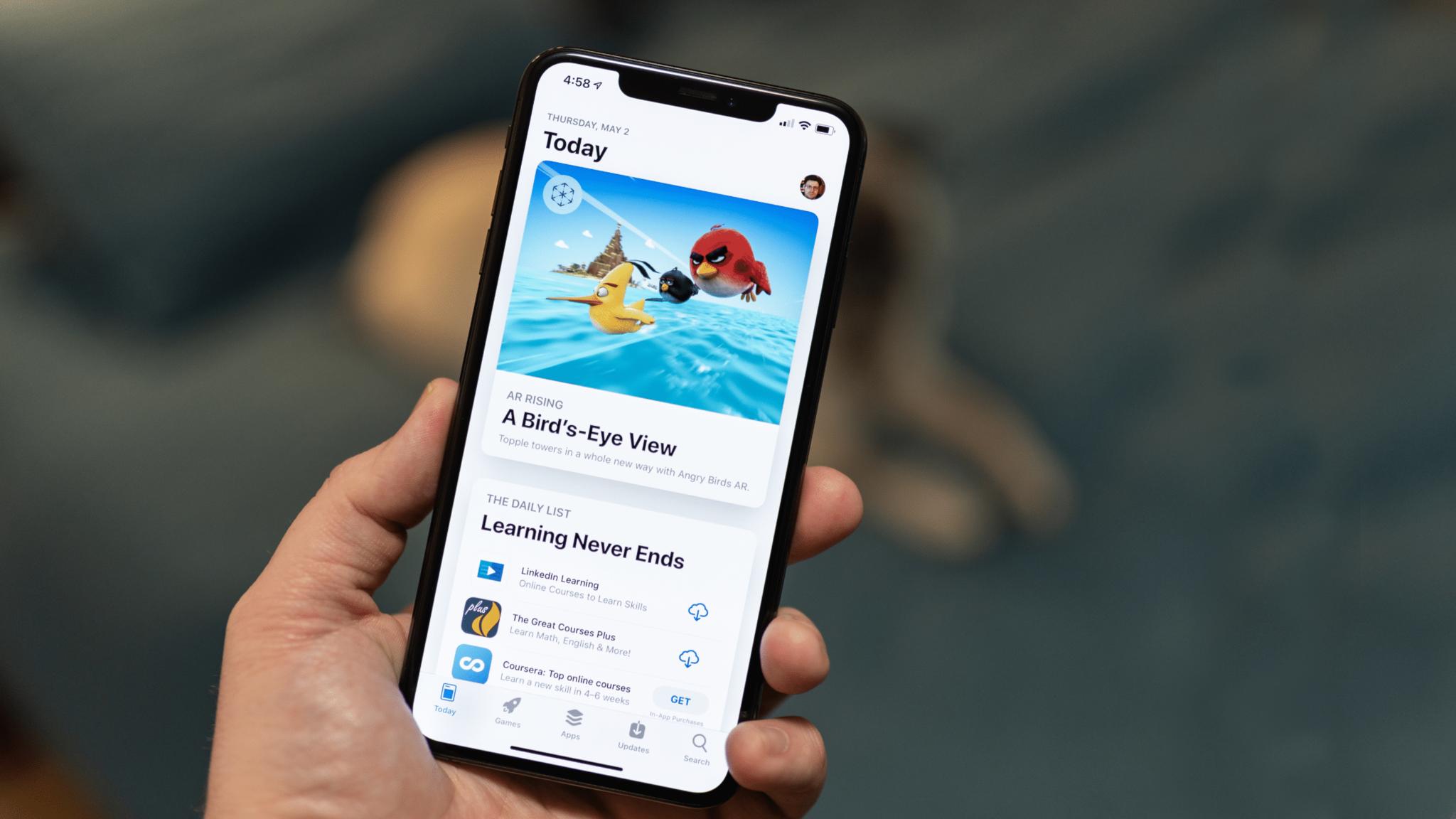Sideloaded iPhone apps will still be reviewed by Apple and the company will 'collect fees from developers' who offer apps outside of its App Store, report claims
Apple's sideloading plans may have been revealed.

Apple is largely expected to allow apps to be sideloaded onto iPhones in the European Union soon in an attempt to comply with the region's Digital Markets Act but when it does, it might not have the effect that lawmakers and developers had been hoping for. That's according to a new report that suggests that the company intends to continue to collect fees from those who choose not to distribute their apps in the App Store.
As if that wasn't enough of a disappointment for those involved, the report also claims that apps sideloaded onto an iPhone will still be reviewed by the company despite not being in its App Store. The ability for iPhone owners to install apps that were not put through App Store review is a key part of what developers have been asking for for years now, but it appears Apple isn't ready to allow that just yet.
Apple must allow iPhone owners to sideload apps by March 6 in order to comply with the new DMA laws, but it's reported that while it is expected to do that with the upcoming iOS 17.4 software update, the results might not ultimately be what key stakeholders in the process might have expected. Whether or not Apple's plans will be given the green light by the EU remains to be seen, however, and EU antitrust official Margrethe Vestager suggests that lawmakers are ready to "do noncompliance cases" if the need should arise. If this report is accurate, that might be a decision the EU has to make.
The plan
The news comes as a Wall Street Jounal report claims that Apple will "give itself the ability to review each app downloaded outside of its App Store." It goes on to say that the company "also plans to collect fees from developers that offer downloads outside of the App Store," citing people familiar with the company's plans. Apple is yet to officially announce those plans and the WSJ notes that while it has been working on them for more than a year, "Apple hasn’t provided a final package describing its solution to the commission or tested its plans with market participants." That suggests that there is still time for Apple to change tack.
If Apple does indeed intend to still require non-App Store developers to pay it and insist on reviewing their apps, it will be interesting to see whether the EU is satiated by its plans.
The plans should perhaps not be all that surprising, however. Apple was recently forced to allow developers to inform customers of payment choices beyond the App Store, something that was previously expressly forbidden. However, while Apple did comply it still requires that developers account for such income and pay it 27% of the proceeds despite not handling the payments itself. With such a payment required it's unlikely that many developers will choose to go that route, something that cynics would say is Apple's intention.
As the DMA's March deadline nears all eyes will be on the EU to see what comes next. Three potential outcomes stand before us; Apple could follow the plans outlined by the WSJ and the DMA could approve them or, alternatively, it could reject them and require further changes. The third option is that Apple will ditch these plans and simply allow sideloading without any stipulations, a move that seems increasingly unlikely.
Master your iPhone in minutes
iMore offers spot-on advice and guidance from our team of experts, with decades of Apple device experience to lean on. Learn more with iMore!
More from iMore

Oliver Haslam has written about Apple and the wider technology business for more than a decade with bylines on How-To Geek, PC Mag, iDownloadBlog, and many more. He has also been published in print for Macworld, including cover stories. At iMore, Oliver is involved in daily news coverage and, not being short of opinions, has been known to 'explain' those thoughts in more detail, too. Having grown up using PCs and spending far too much money on graphics card and flashy RAM, Oliver switched to the Mac with a G5 iMac and hasn't looked back. Since then he's seen the growth of the smartphone world, backed by iPhone, and new product categories come and go. Current expertise includes iOS, macOS, streaming services, and pretty much anything that has a battery or plugs into a wall. Oliver also covers mobile gaming for iMore, with Apple Arcade a particular focus. He's been gaming since the Atari 2600 days and still struggles to comprehend the fact he can play console quality titles on his pocket computer.
